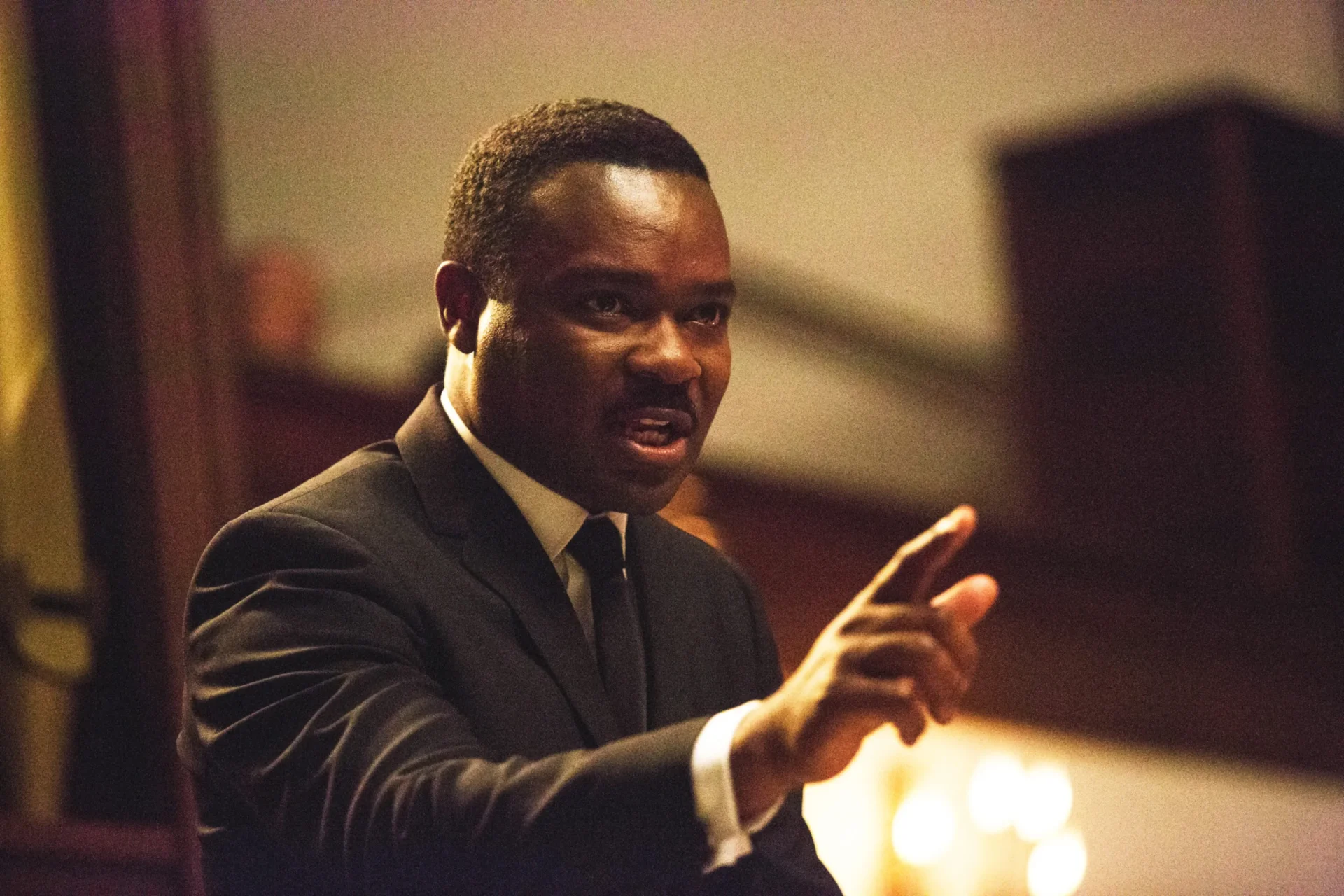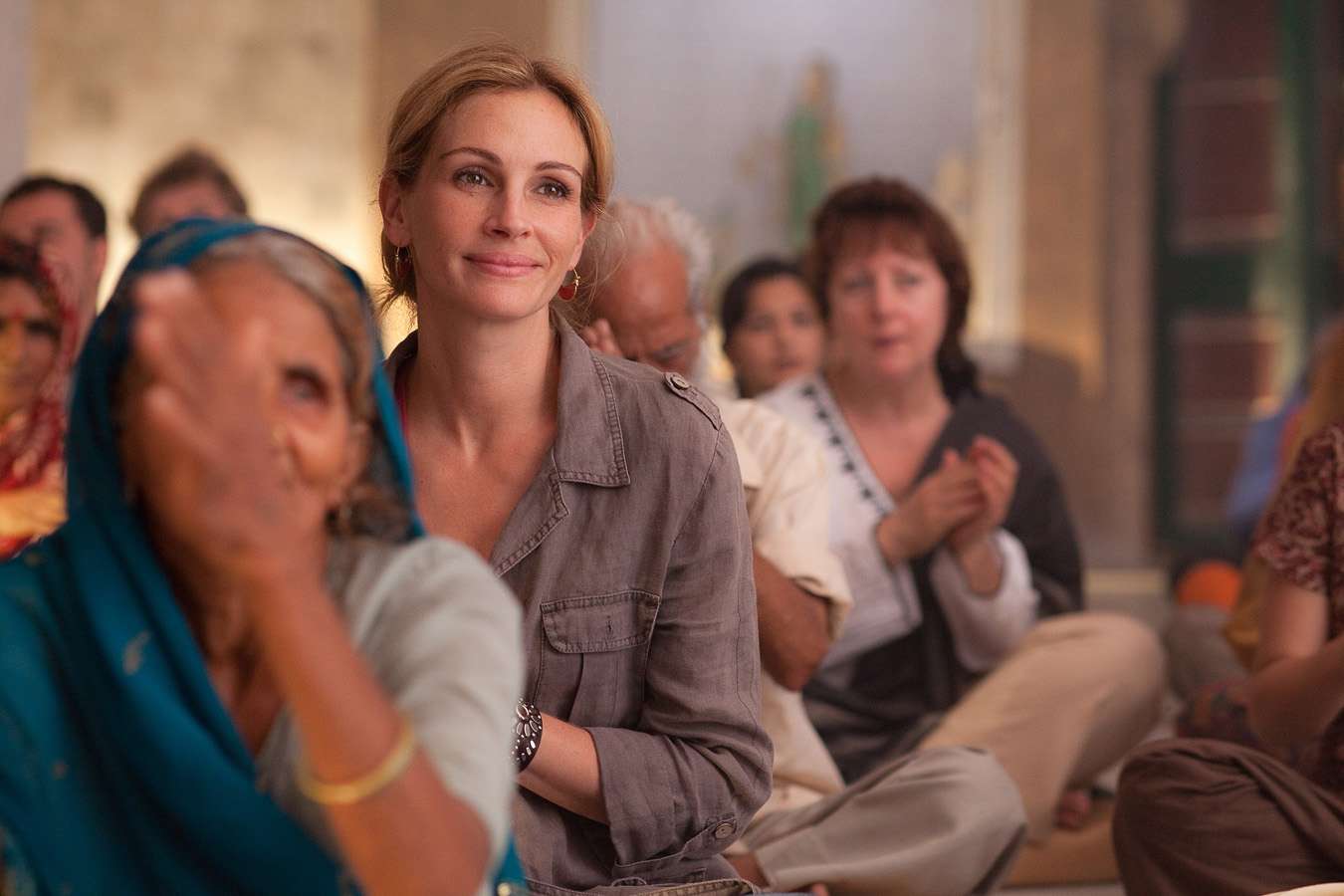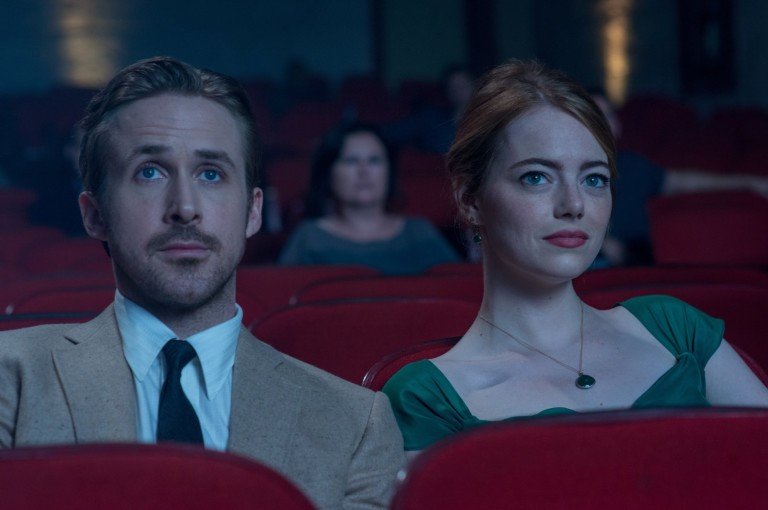Cinema is a language in its own right. It speaks to our hearts and minds, offering an experience that transcends mere entertainment. It has the power to reveal, heal, and transform. For many of us, films are more than just stories played out on a screen—they are mirrors, windows, and guides that help us navigate the complexities of life.
Much like any other form of art, cinema holds the potential to shape our personal growth and identity, urging us to reflect on who we are, where we’ve been, and who we can become. From the most glamorous blockbusters to the quietest independent films, the world of cinema offers us tools for self-reflection, empathy, and transformation.
Cinema as a Mirror for Self-Reflection: Discovering Our Flaws and Potential
At its core, cinema reflects life. Every film holds a mirror up to society, to the human condition, and to our own experiences. Whether intentional or not, films often help us explore our identity—our flaws, dreams, and desires. When we watch a character wrestle with their choices or undergo personal growth, we often find ourselves confronting our own challenges. We might see our own fears and insecurities mirrored in their struggles, or we might recognize our potential for growth in their triumphs.
Movies invite us to examine the ways in which we, too, are evolving. Characters like those in “Good Will Hunting” or “A Beautiful Mind” demonstrate how personal growth is often tied to overcoming internal struggles. Will Hunting’s journey from self-doubt and anger to embracing his gifts mirrors the way we may need to confront our own barriers to self-acceptance. Similarly, in “A Beautiful Mind,” the struggles of John Nash with schizophrenia illuminate the complexity of mental illness and the resilience required to push through and redefine identity in the face of adversity.
Cinema provides blueprints for our personal metamorphosis by showing us how transformation happens. Whether the transformation is a dramatic shift in mindset, a change in relationships, or a radical shift in values, cinema gives us examples of how we, too, might make similar changes. These visual journeys help us grasp the deep truth that personal growth is often messy, challenging, and painful, but ultimately, it leads to a more authentic version of ourselves.
Breaking Barriers: Cinema’s Ability to Expand Our Worldview

One of the most significant powers of cinema is its ability to broaden our understanding of the world beyond our own immediate experiences. Movies can expose us to new cultures, ideas, and lifestyles, offering narratives that we may have never encountered in our everyday lives. In a world often divided by cultural, racial, and ideological lines, films allow us to experience life through the eyes of others—breaking down barriers and challenging our preconceived notions.
Consider the film “Selma,” which chronicles the 1965 voting rights march in Selma, Alabama. The story of Martin Luther King Jr. and the nonviolent movement not only educates audiences about historical events but also serves as a powerful reminder of the continuous fight for racial equality and justice. The film invites viewers, especially those unfamiliar with this chapter of American history, to reflect on their own role in society and how they can engage with issues of racial and social injustice in their own lives.
Films like “The Farewell” and “Parasite” provide similarly profound insights into different cultures and societal structures. “The Farewell” explores the Asian American experience and the tension between cultural loyalty and personal identity, while “Parasite” uses dark humor and suspense to dissect the complex dynamics of class inequality. Both films challenge viewers to ruminate on the societal issues that may not be in their immediate environment but are very much present in the world. Cinema holds up a mirror not just to the individual but to society at large, urging us to question the systems and structures that shape our identities and experiences.
Also Read: Cinema on Cinema: 30 Great Films About Films
Moreover, independent films are often at the forefront of challenging societal norms and offering fresh perspectives on identity. A film like “Moonlight,” which follows the coming-of-age story of a young Black man grappling with his sexuality in a rough neighborhood, offers an intimate, raw look at the intersection of race, gender, and identity. Independent films, through their limited budgets and often unconventional narratives, create spaces for voices that are otherwise marginalized in mainstream media. These films provide a platform for underrepresented communities, encouraging dialogue and understanding among audiences who may not be familiar with these experiences.
The Universality of Stories: How Cinema Connects Us All
While the world of cinema is vast and diverse, what truly resonates with audiences across the globe are the universal themes of the human experience: love, loss, hope, despair, courage, and redemption. Regardless of a film’s genre or budget, the most powerful films are those that tap into these fundamental aspects of life. Whether we’re watching a superhero save the world or a quiet drama about a mother and daughter reconnecting, we find that the core emotions remain the same. Take, for example, the global appeal of films like “The Lion King.” Although the setting and characters are entirely fictional, the themes of loss, responsibility, and self-discovery are deeply universal.
Simba’s journey from a carefree cub to a responsible king mirrors the path of many young adults who must confront the pain of loss, take responsibility for their actions, and embrace their own identity. “The Lion King” teaches us that transformation often involves stepping into the roles and responsibilities we may have been avoiding. Similarly, the iconic “Forrest Gump” provides a lens through which we can reflect on the randomness of life, the impact of love, and the power of perseverance.
Yet, it’s often the smaller, more intimate films that move us the most. In “Lady Bird,” we witness the quiet tension between a mother and her teenage daughter, a microcosm of the larger journey of self-discovery that we all undergo. The film portrays a young woman on the verge of adulthood, seeking to carve out her own identity while trying to navigate the complexities of family dynamics and self-acceptance. By showcasing these ordinary, relatable experiences, “Lady Bird” connects us to our own coming-of-age stories, reminding us of the challenges of growing into who we are meant to be.
The Transformative Power of Cinema: How Movies Shape Our Identity

Films do more than just entertain us—they challenge, inspire, and push us to reexamine our lives. They serve as a catalyst for introspection, prompting us to look inward and ask the difficult questions about our identity, our choices, and our future. As we watch characters evolve and face their challenges, we are encouraged to do the same. Films give us the courage to change, to take risks, and to challenge our own beliefs. Take, for example, the character arc of Elizabeth Gilbert in “Eat Pray Love.” After the breakdown of her marriage, she embarks on a journey of self-discovery that takes her across three countries. As she engages with different cultures and spiritual practices, she sheds her old identity and embraces a new, more authentic self.
This transformation is something that resonates with anyone who has ever faced a major life transition. It serves as a reminder that it’s never too late to begin anew or to seek a deeper understanding of who we are. The film’s ability to depict transformation through a simple yet powerful narrative encourages viewers to consider the ways they can embrace change and step into a more authentic version of themselves.
Cinema, in its finest form, isn’t just about watching someone else’s transformation; it’s about initiating our own. It invites us to step into the world of the characters, walk in their shoes, and, by doing so, understand ourselves better. Through this process, we find that the films that move us the most are those that align with the internal transformations we are undergoing ourselves.
Conclusion: The Enduring Power of Film
In the end, cinema offers a profound opportunity for self-reflection, empathy, and growth. By showing us our flaws and our potential, they encourage us to step out of our comfort zones and confront the aspects of ourselves that need to evolve. Through the stories of others, we see the potential for our own personal metamorphosis. Whether it’s the grand narratives of blockbuster hits or the quiet intimacy of independent films, cinema helps shape our identity by opening us up to new perspectives, experiences, and emotions.
As we continue to immerse ourselves in the world of cinema, we must recognize the power it holds in shaping not just our entertainment but our very understanding of who we are. Films offer the wisdom, courage, and inspiration we need to embark on our own transformative journeys. Like the characters we encounter on screen, we, too, can change, grow, and become the best versions of ourselves through the transformative power of cinema.






